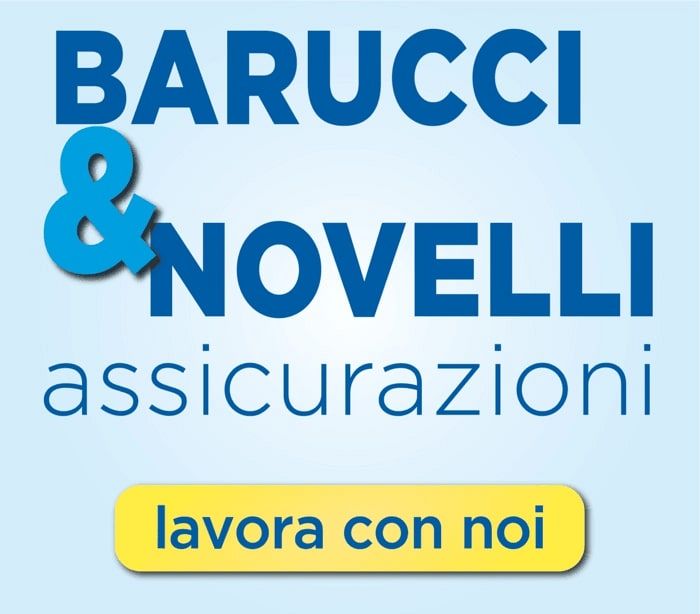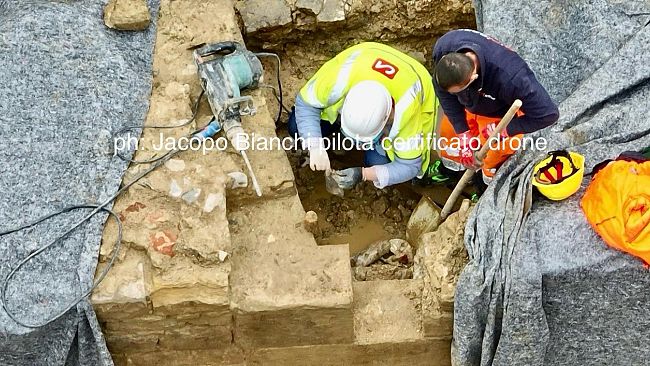E' organizzato da AGMIN-ITALIA in collaborazione con EGO-CreaNET. L'incontro dibattito verra' aperto da una relazione del Presidente di EGOCREANET, Dr. Paolo Manzelli sul tema della Ricerca eseguita durante il Progetto EUROPEO FORCOPRECANET sulla trasformazione del Distretto Tessile Locale Pratese in DISTRETTO DIGITALE , per l'internazionalizzazzione di impresa.
Discussion Paper by : Paolo Manzelli LRE@UNIFI.IT
The fundamental meaning of Knowledge Economy (K-Economy) concerns the development of all the opportunities oriented to fit a convergence for strengthening strong relationships at international level between “Research and Development of Knowledge Society”, aiming to get a result of an extended market and marketing in a global system of the commerce.
The future of K-Economy hence is opened all over the world, so that we need to get a clear understanding of the strategies of knowledge sharing of business , that can co-ordinate Research with Enterprises , opening the production and commerce to a global extension in an co-organized knowledge system. Certainly today the globalization of commerce , wants to say without national borders , without a knowledge co-operation, is becoming with high-rise of risks for all business enterprises and within a large uncertainty due to the great competition of the international trade exchange.
During the European LEONARDO project FORCO-PRECANET, the LRE/EGOCREANET , realized a research study about the impact of the “Networking Digital Economy” on the change of the old localized division of the labour, focusing our attention to the Little and Medium Industry (SME’s), and specially looking to the Textile and Clothing Industry in Prato (Italy) .
This research study’s case, can be useful for having a best practice of information about what is changing in the industrial SME’s world and for getting a indication of what need to do in the next future, looking forward to develop worldwide the new knowledge economy .
As a matter of facts in Prato can be observed a strong “de-localization phenomena “ not closed to a redistribution of the international division of labour, and also opened to develop trends and strategies of the internationalization of textile & clothing business communities, for creating a “digital extended collaborative district of textile and clothing by the creation of a cluster of international industrial and trade units. In that study’s case we observe how, at the first time, the delocalization is moving in the direction of the immigration of workers in Prato, coming from emergent industrial countries (expecially from China), because this people can work at lower level of salary , and also accept to do manual work; the last , some times, it is refused by the Italian youth, because students, coming from a long time in the schooling Italian system, get an expectation of more opportunities on intellectual work.
After, in more recent times in the Textile Local District of the city of Prato, during the FORCOPRECANET project we analyse the development of a complementary aspect of the “Delocalization phenomena”, that it is focused on the internationalization financial and productive investments of the industry, that goes in the opposite direction of the immigration of workers, that is to say, from industrial developed countries to the emerging industrialized countries like Tunisia and China.
This kind of double exchange of working power and technological and financial investments of textile and clothing industry, it is not too simple to manage.
As a matter of facts it will be necessary to develop an innovative knowledge management to avoid the chaos that is grooving in the liberal global system that get a serious consequence about the social and economic previous local stability .Henceforth Knowledge Management training can be a key factor for starting with a just beginning collaborative harmonisation of the activities that can generate an industrial delocalized new architecture growing up an international “Digital District”. An efficient “Digital District” starts up, in fact , get a crucial need that consists on developing a program of Cooperative Program of Knowledge Management training, get used to bring together a number of small and medium industries , engaged in the same business lines in collaboration with related research University’s groups, for improving an international business and research community.
In this way can become possible to advance forward a better development of industrial complexes, including research actions and ITC technology services, and other correlated activities, all for the purpose of validation of the knowledge management innovation.
In any case can be useful , for developing an resourceful settlement program for organizing a “Digital Textile District”, to underline the following considerations :
1) textile and clothing products get both in China and Italy ( not only in the city of Prato) an ancient similar origin made by artisans, that can be today, a “key knowledge” for improving strong cultural link and realizing a common understanding of the contemporary evolution of K-Economy development, based on giving an additional value at the rich in culture, history and talents, that born in the ancient textile sector of production and market.
2) In Prato Chinese workers are well accepted by the citizen and work together without problems; in fact the amount of citizen immigration in Prato is very high and Chinese entrepreneurship is growing so that SME’s of Chinese Industry in Prato is becoming a consistent part of the Local Industrial Society.
3) The contemporary Delocalization of Investments and Technology from Italy to China is growing in a good agreement that is facilitated from the fact that it is more useful to transfer SME’s industry, that not big industries, with an higher degree of technology, because the strong automatization of the great industry do not favour the a large employ of manual work.
From the study’s case of the change in the international division of labour in the textile industrial district in Prato , we understand that , in order to avoid the industrial local decline it will be necessary to favour a less chaotic change of the international redistribution of the job and business, between industrial countries and emergent countries, and for this objective it becomes decisive to develop actions and activities oriented to grow up a incubator actions for improving “Social Partnership Agreements ” into a mutual cooperation scenarios of development of the international Knowledge Society.
This Social Partnership program can include, the provision of :
Favour the realization of all extended on line service’s co-organisation for SME’s and Research groups and studies on industrial transfer, concerning both :knowledge and financial management
Facilitate the co-organization of e. learning worldwide services for managerial and technical manpower of the SME’s, from top management to the level manual workers; and for the multi-language dissemination of Knowledge Economy strategy
helping any possible support for “Social Partnership Agreements” with foreign governmental Regional counterparts.
Therefore starting from now, can be useful to enhance all the actions that make known the importance of Social International Partnership’s future activities and projects, working in the direction to cultivate an bilateral or multilateral dialog for developing a TEXTILE DIGITAL INTERNATIONAL DISTRICTS, especially aiming to recover an innovative “e.Learning knowledge management” for improving the international Knowledge Society .
In this way of thinking the “Social International Partnership”, working in the context to develop an equitable interactive training system, can be seen as an strategic goal to improve a dynamic knowledge-based economy in the world capable of sustainable economic growth, with more and better jobs and greater social cohesion.




